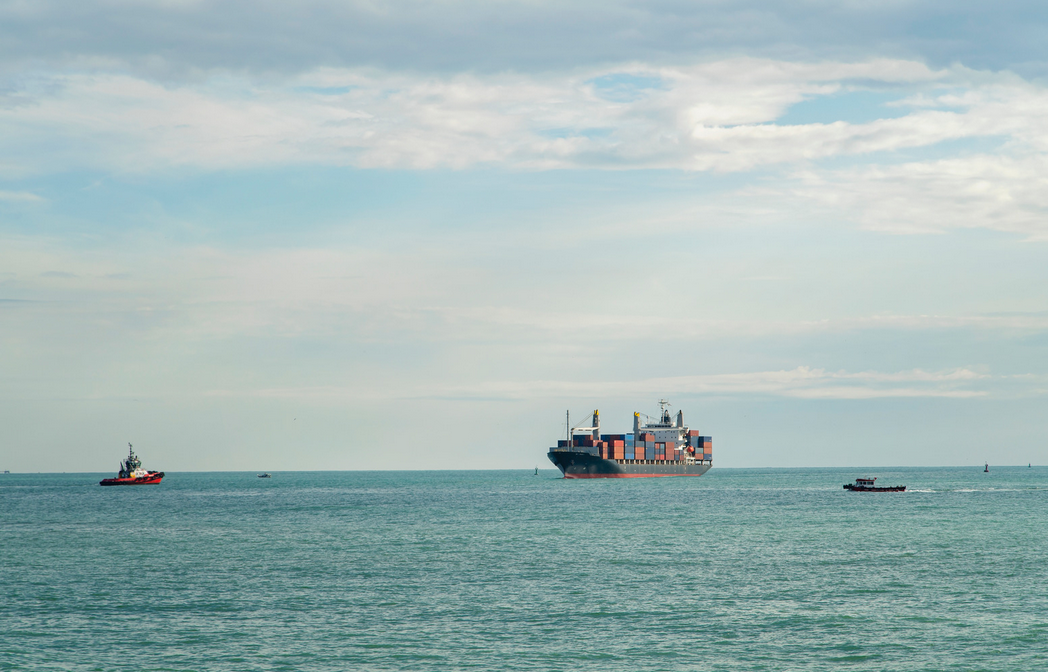The Association of Southeast Asian Nations (ASEAN) currently faces many time-sensitive challenges, maritime security chief among them.
Maritime security, critical for the region's stability, continues to face diverse threats- notably China's growing assertiveness in disputed waters.
Cooperation against these threats has been outlined in ASEAN's strategic documents but faces hurdles due to diverging interests and consensus-based decision-making. Minilateral mechanisms have been suggested as an alternative, with the Philippines, Malaysia, and Indonesia exploring collaboration amidst China's actions in the South China Sea.
However, effective minilateralism encounters obstacles like China's resistance and varying national priorities. Yet, there's potential in modifying ASEAN's consensus-based approach within minilateral frameworks, possibly creating an "ASEAN minus X" formula for crucial security matters. This could fortify ASEAN's united front against major powers.
Alternatively, if ASEAN's decision-making reform fails, minilateral collaborations, primarily focusing on non-traditional security, can bolster regional maritime capabilities. External powers like Japan offer assistance, but ASEAN countries must cautiously navigate such alliances to protect their interests.
Using minilateral networks, countries like the Philippines can share narratives, foster trust, and gain support for collective actions against aggressive maritime behaviors. However, achieving consensus within ASEAN amid its diversity remains challenging.
Each country must carefully weigh the costs and benefits of its steps in navigating this complex maritime landscape.
Source: The Diplomat




